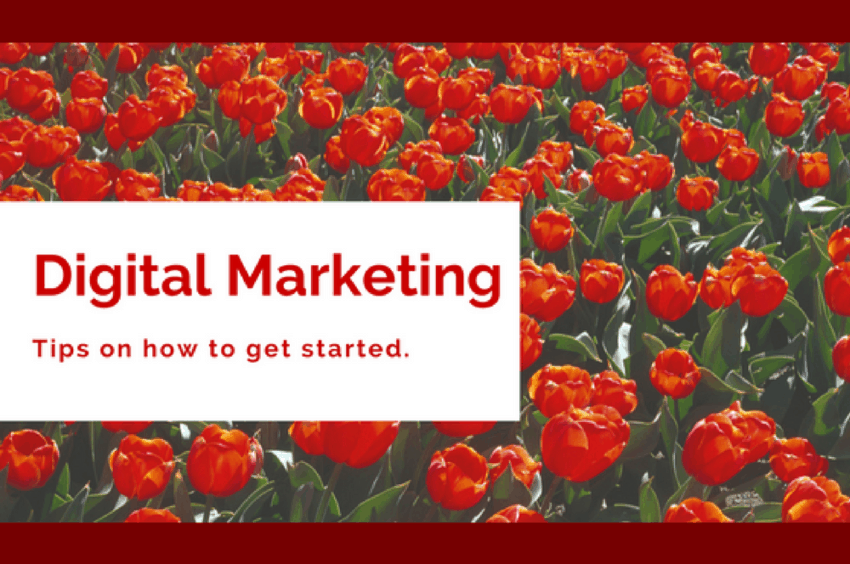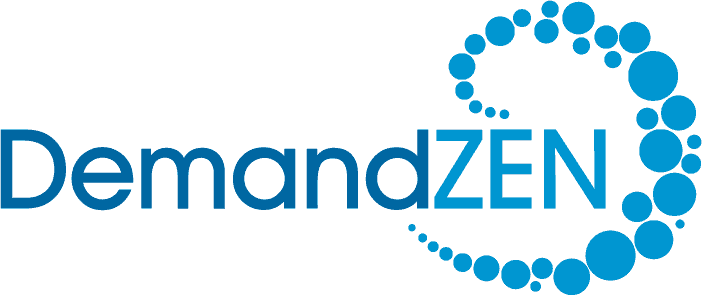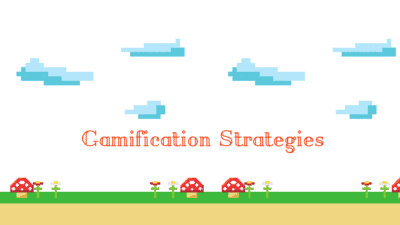How to: Get started with digital marketing

Digital marketing encompasses a wide array of activities. The campaign types and methods are endless. In today’s digital world, it’s not as simple as throwing together a couple of ads and “pressing go.” In this post, we’ll discuss what digital marketing really is and the best ways to get started.
What is digital marketing?
Digital marketing is marketing done through digital mediums. It does not mean you have to be promoting digital products or services. In fact, you can promote anything you want: consumer goods, services, technology, events, you name it.
A “digital medium” means it’s on the Web and can be seen on computers or mobile devices. These mediums can include (but are not limited to) email, social media, display advertising, and traditional pay-per-click (commonly PPC).
How do I get started?
Getting started with digital marketing can seem daunting. There are a lot of options and outlets to try. So, what do you do first?
Identify your target audience
Technology has changed marketing. People no longer accept marketing that isn’t targeted toward them. In the past, if an ad didn’t apply to you, you usually didn’t remark on it. Whether it was print, TV, or radio, you didn’t have a way to tell the advertiser that you’re not the target audience. In digital marketing, prospects can interact with ads directly. They can mark an ad as spam, which gives a company a negative review, or simply ask not to see the ad because it “doesn’t apply to them.”
Avoid this. Don’t market to everyone, because not everyone is a good fit for your product or service. Find the people who are a good fit by working with your sales department. Identify the similarities and patterns in who has converted. Is there a certain industry that seems to convert better than others? Do you do better in the Small and Midsize Business (SMB) world or in Enterprise? Who is actually buying your product? What are their job titles? Where do they live and work? Answering these questions will help you define your buyer personas.
Once you determine who those prospects are, go further. Find out everything you can about them. Discover what they’re reading and watching. Learn where they’re spending their time, both on and off the clock. This information tells you where to best focus your digital efforts and how to speak to them. For example, if you sell a SaaS tool aimed at marketers, it’s a safe bet you’ll find them active on social media platforms. If you’re targeting developers, you may want to use Reddit or HackerNews.
Define your messaging
A cohesive messaging strategy that you can use across all your campaigns, regardless of medium, is incredibly important. Define messaging that encompasses what you want to convey about your company: who you are and what you do. Tailor your messaging to your target audience, and make it consistent across all marketing efforts, digital and traditional.
The tone you use is also an important aspect of messaging. Furthermore, the same tone should be present in all of your marketing efforts. For example, write more formally if your audience is more formal. Conversely, a conversational approach will work better if they’re more relaxed.
Don’t confuse prospects with inconsistent messaging. Make it clear you’re the same company every time with the same product. Make sure everyone in the company is on the same page regarding messaging. While sales, marketing, and support are different departments, they need to speak the same language. As a result, if your whole company is on board, prospects and customers will always receive a consistent message.
Define your initial strategy
Take a comprehensive look at your current initiatives to find areas of opportunities or growth. Use these findings to benchmark your current results to create concrete digital marketing goals.
Use the benchmarked data to formulate a digital marketing strategy. Identify two or three methods with which to start when you have defined your target audience and solidified goals. Base the strategies on your target personas. And, don’t forget to use SMART goals to measure success.
Align your initial strategy with your overall business goals. This strategy should directly support your initiatives. If you need leads, a brand awareness campaign is not for you. Retargeting campaigns using either social media or email are likely your best bets if you want to nurture leads.
Lastly, don’t be afraid to fail. Successful digital marketing campaigns take time and iteration. You can find great success in digital marketing if you put in the effort. Need some help getting started? Contact us today.
You Might Also Enjoy These Posts
Demand Generation vs Lead Generation
Gamification Strategies: Badges in B2B Marketing
Welcome To DemandZEN
DemandZEN specializes in Account-Based Demand Generation and solving the challenges around finding, engaging and converting target accounts into real opportunities for B2B Technology and Services companies.


